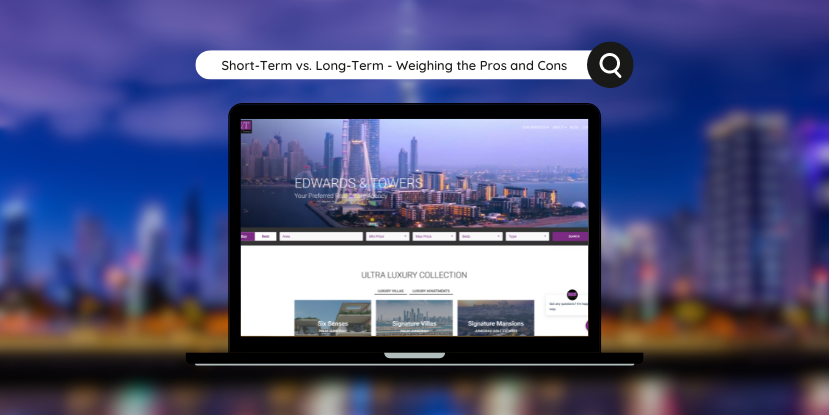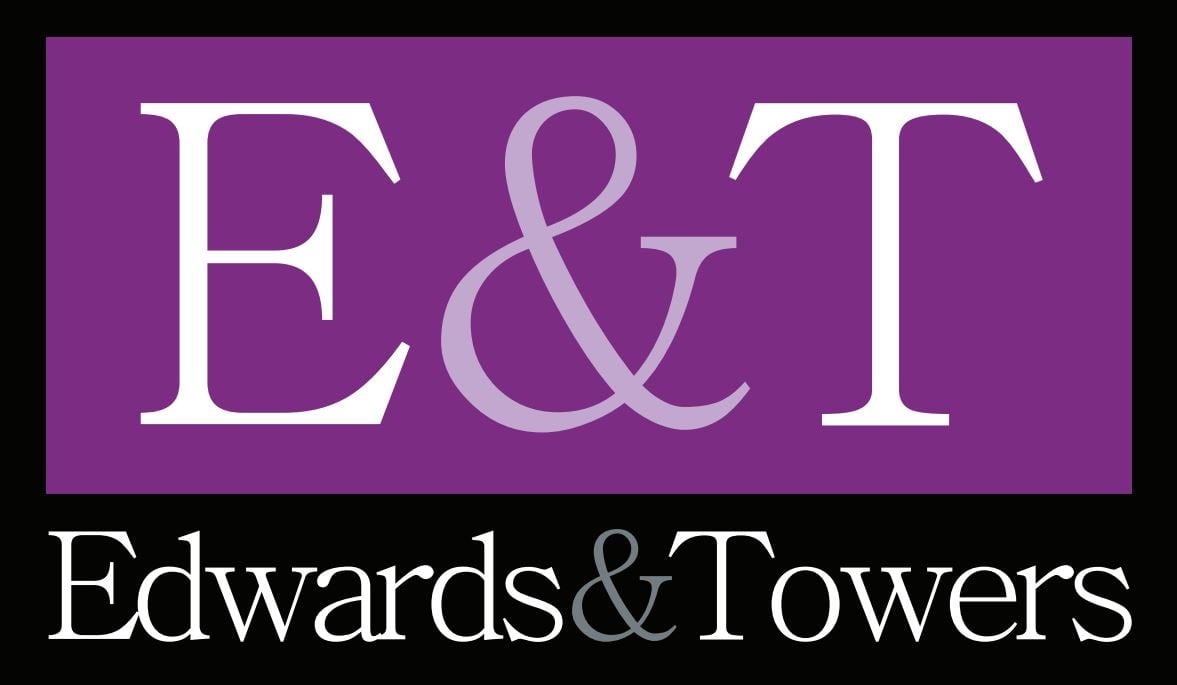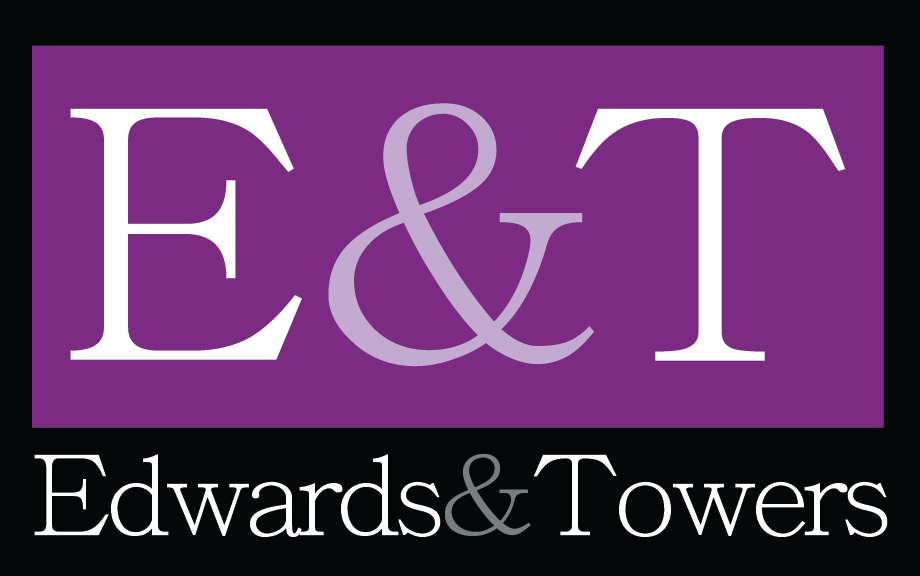Renting out your apartment can be a lucrative way to generate income and maximize the value of your property. However, deciding between short-term and long-term rental options requires careful consideration of various factors, each with its own set of pros and cons. Let's explore the differences between the two:
Short-Term Rentals
Pros:
- Higher Rental Income: Short-term rentals, often facilitated through platforms like Airbnb or VRBO, typically command higher nightly rates compared to long-term leases. This can result in greater monthly income, especially if your property is located in a desirable tourist destination or business hub.
- Flexibility: Renting out your apartment on a short-term basis gives you the flexibility to use the property for personal use whenever you desire. You can block off dates for your own vacations or family visits without the constraints of a long-term lease agreement.
- Opportunity for Seasonal Demand: Depending on your location, short-term rentals may experience seasonal demand spikes, allowing you to capitalize on peak tourist seasons or major events in the area. This can lead to increased occupancy rates and higher rental yields during certain times of the year.
Cons:
- Higher Turnover and Maintenance Costs: Short-term rentals often require more frequent turnovers between guests, leading to increased cleaning and maintenance expenses. Wear and tear on furnishings and appliances may also be higher, necessitating more frequent replacements or repairs.
- Potential for Vacancies: While short-term rentals can yield higher income per night, they may also experience periods of vacancy, especially during off-peak seasons or when demand is low. Managing occupancy and filling gaps between bookings can be challenging and may impact your overall rental income.
- Regulatory Challenges: Some cities have regulations or restrictions on short-term rentals, including zoning laws, licensing requirements, and occupancy taxes. Failure to comply with these regulations could result in fines or legal repercussions, requiring careful research and adherence to local laws.
Long-Term Rentals
Pros:
- Stable Rental Income: Long-term leases provide a steady stream of rental income with fewer fluctuations compared to short-term rentals. Tenants typically commit to renting the property for an extended period, offering greater predictability and financial stability for landlords.
- Lower Turnover Costs: With long-term tenants, turnover is less frequent, reducing the need for constant cleaning, maintenance, and marketing efforts. This can result in lower overall expenses and less time spent managing the property.
- Less Hands-On Management: Long-term rentals often require less hands-on management compared to short-term rentals, as tenants are responsible for maintaining the property and handling day-to-day concerns. This can be advantageous for landlords who prefer a more passive investment approach.
Cons:
- Limited Flexibility: Long-term leases typically involve a fixed term, ranging from six months to a year or more, limiting your ability to use the property for personal use or make changes to rental terms on short notice. Breaking a lease prematurely may also incur penalties or legal consequences.
- Potential for Rent Arrears and Damage: While long-term leases provide stability, there is a risk of tenants defaulting on rent payments or causing damage to the property. Evictions and property repairs can be time-consuming and costly, impacting your overall return on investment.
- Market Fluctuations: Long-term rental rates may be subject to market fluctuations, influenced by factors such as economic conditions, supply and demand dynamics, and changes in rental regulations. Landlords may need to adjust rental rates periodically to remain competitive in the market.
The decision to rent out your apartment on a short-term or long-term basis depends on your financial goals, lifestyle preferences, and risk tolerance. Short-term rentals offer higher income potential and flexibility but require more active management and may be subject to regulatory challenges. Long-term rentals provide stability and predictability but involve less flexibility and may require longer-term commitments from landlords and tenants alike. By carefully weighing the pros and cons of each option, you can make an informed decision that aligns with your objectives and maximizes the potential of your investment property.
Learn more about E&T Property Management services: PM services
Book a call back: apply here
Email us: pm@edwardsandtowers.com


